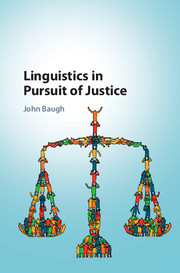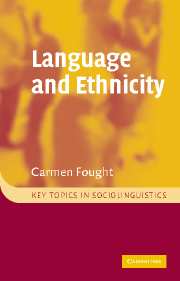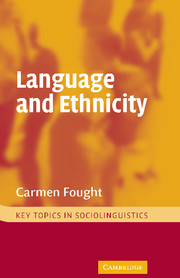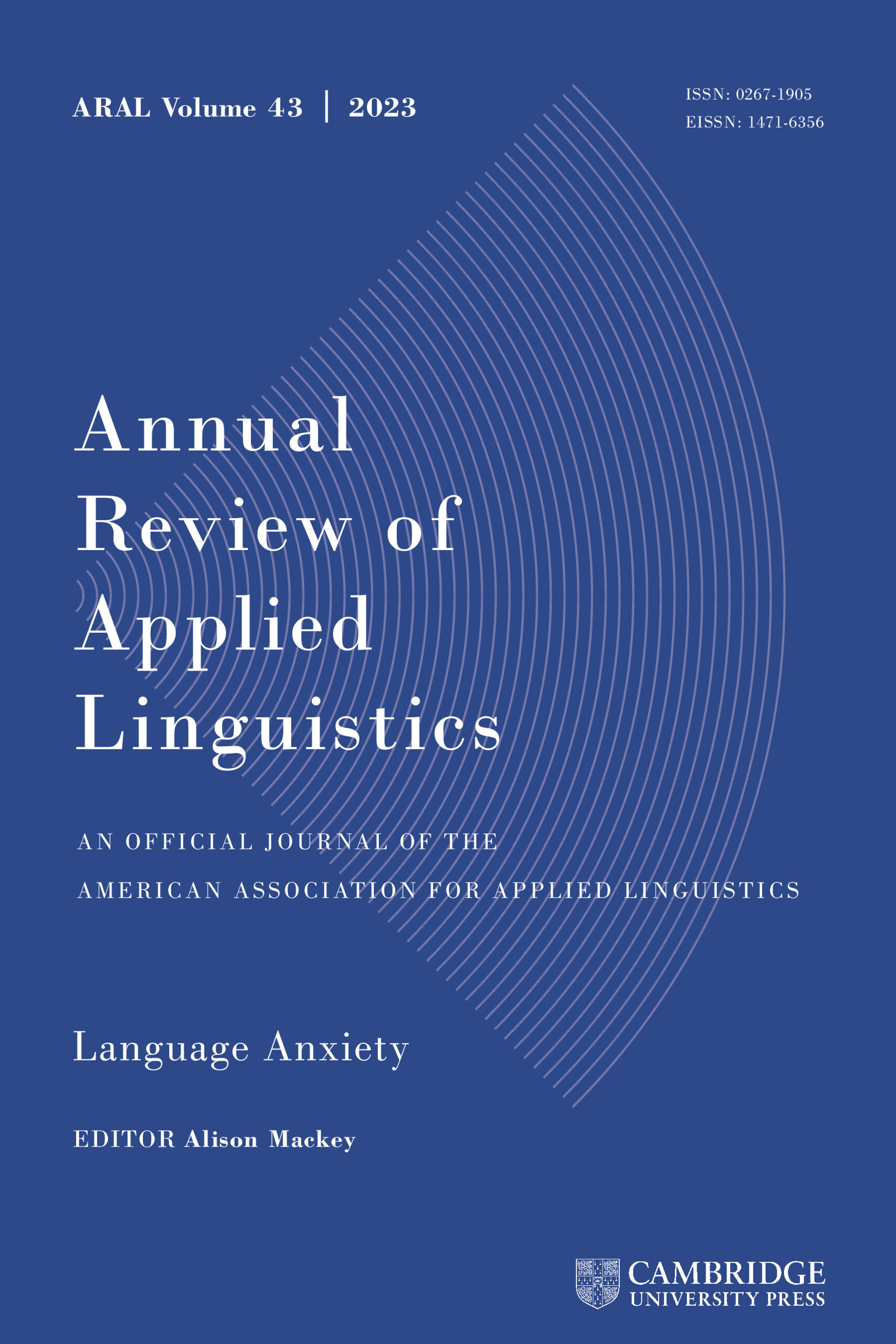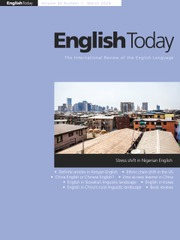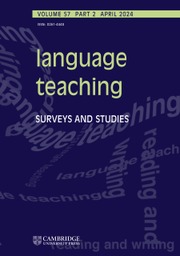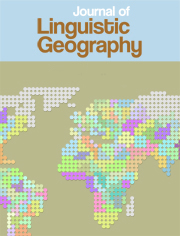Linguistics in Pursuit of Justice
As a black child growing up in inner-city neighborhoods in Philadelphia and Los Angeles, John Baugh witnessed racial discrimination at a young age and began to notice correlations between language and race. While attending college he worked at a Laundromat serving African Americans who were often subjected to mistreatment by the police. His observations piqued his curiosity about the ways that linguistic diversity might be related to the burgeoning Civil Rights movement for racial equality in America. Baugh pursued these ideas whilst traveling internationally only to discover alternative forms of linguistic discrimination in Europe, Africa, Asia, Australia, the Caribbean and South America. He coined the phrase 'linguistic profiling' based on experimental studies of housing discrimination, and expanded upon those findings to promote equity in education, employment, medicine and the law. This book is the product of the culmination of these studies, devoted to the advancement of equality and justice globally.
- Connects linguistic research to efforts that promote equality, exposing ways in which linguistic research can advance justice
- Introduces the concept of 'linguistic harassment' and demonstrates how different forms are pertinent to public and private life
- Highlights the international presence of linguistic injustice through illustrations from different parts of the world
Reviews & endorsements
‘… this book provides a detailed survey of how linguistic science can be used to promote justice. It is a must-read for anyone, not only in the field of linguistics, but also in other disciplines, who want to promote justice and equality in the world.’ Xuekun Liu, Language in Society
Product details
February 2018Hardback
9781107153455
232 pages
235 × 175 × 18 mm
0.45kg
14 b/w illus. 12 tables
Available
Table of Contents
- 1. Introduction
- 2. Linguistics, life, and death
- 3. Linguistics, injustice, and inequality
- 4. Some linguistic and legal consequences of slavery in the United States
- 5. Linguistic profiling
- 6. Earwitness testimony and unbiased formulation of auditory line-ups
- 7. Dialect identification and discrimination in the United States
- 8. Formulating discrimination: dimensions of a historical hardship index
- 9. Linguistic harassment
- 10. Linguistic contributions to the advancement of justice
- 11. Shall we overcome?

